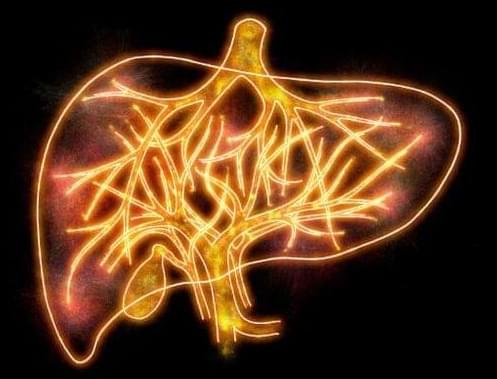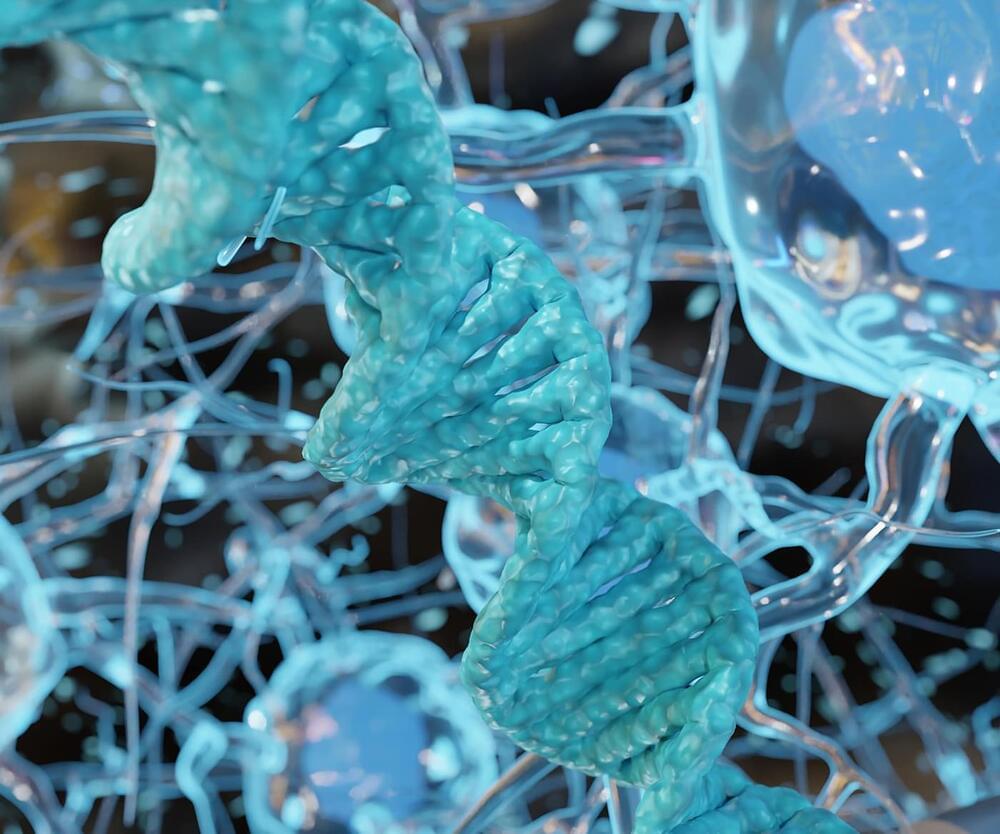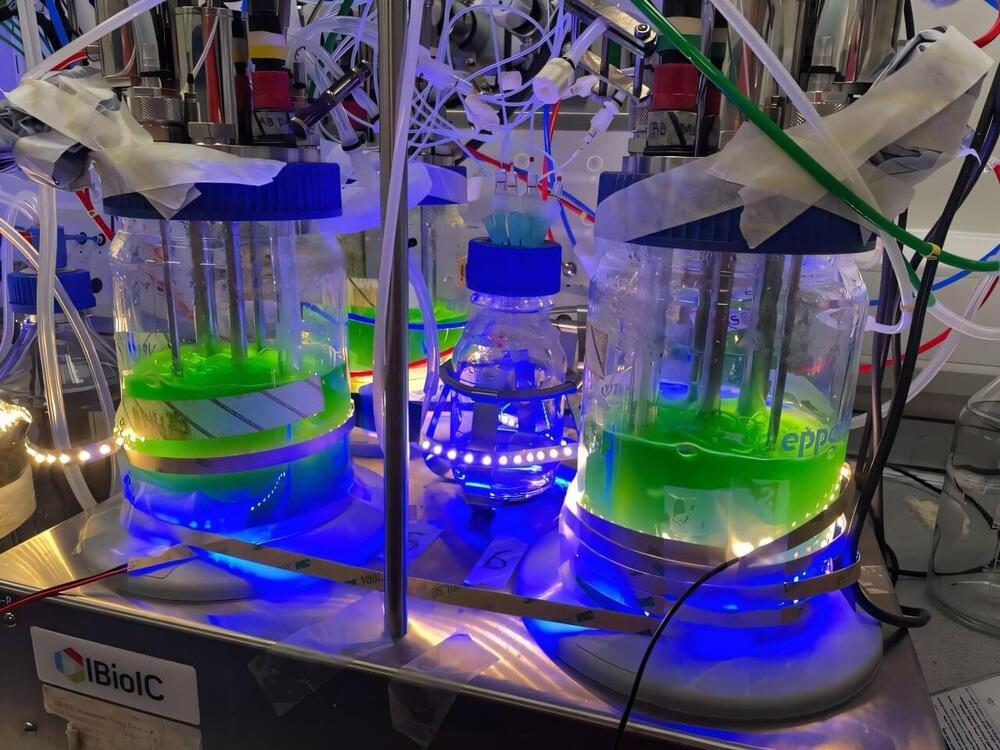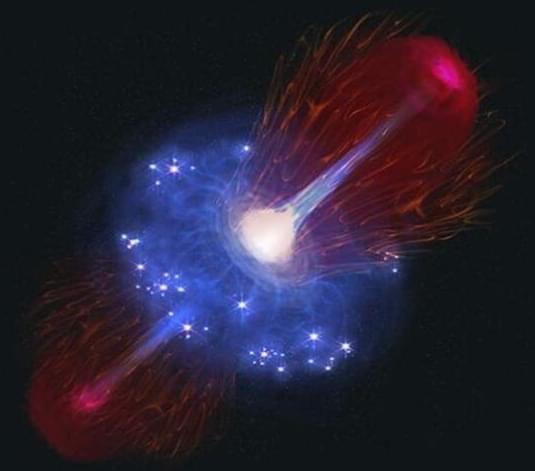The concept of vectors can be traced back to the 17th century with the development of analytic geometry by René Descartes and Pierre de Fermat. They used coordinates to represent points in a plane, which can be seen as a precursor to vectors. In the early 19th century, mathematicians like Bernard Bolzano and August Ferdinand Möbius began to formalize operations on points, lines, and planes, which further developed the idea of vectors.
Hermann Grassmann is considered one of the key figures in the development of vector spaces. In his 1844 work “Die lineale Ausdehnungslehre” (The Theory of Linear Extension), he introduced concepts that are central to vector spaces, such as linear independence, dimension, and scalar products. However, his work was not widely recognized at the time.
In 1888, Giuseppe Peano gave the first modern axiomatic definition of vector spaces. He called them “linear systems” and provided a set of axioms that precisely defined the properties of vector spaces and linear maps. Hilbert helped to further formalize and abstract the concept of vector spaces, placing it within a broader axiomatic framework for mathematics. He played a key role in the development of functional analysis, which studies infinite-dimensional vector spaces.








